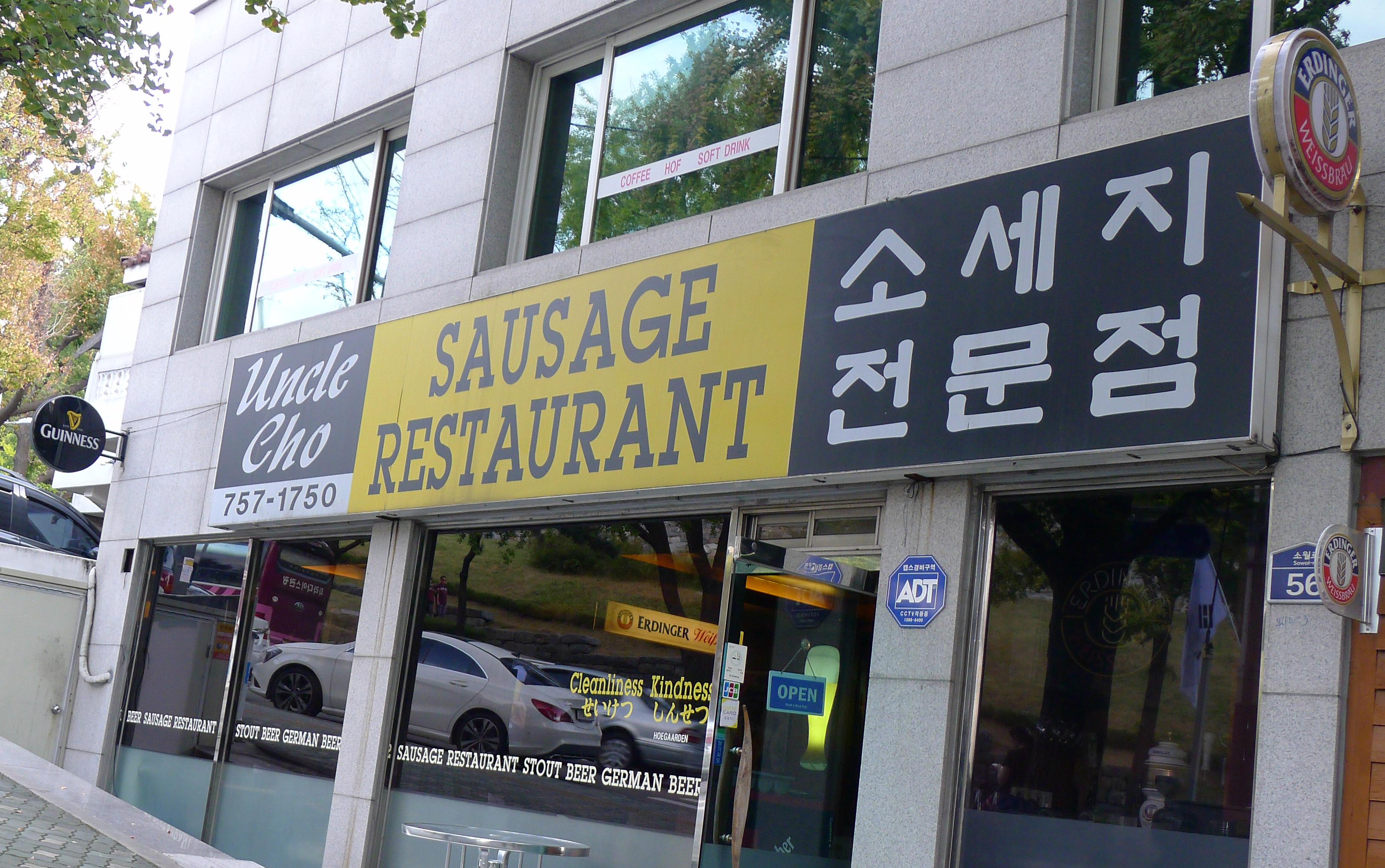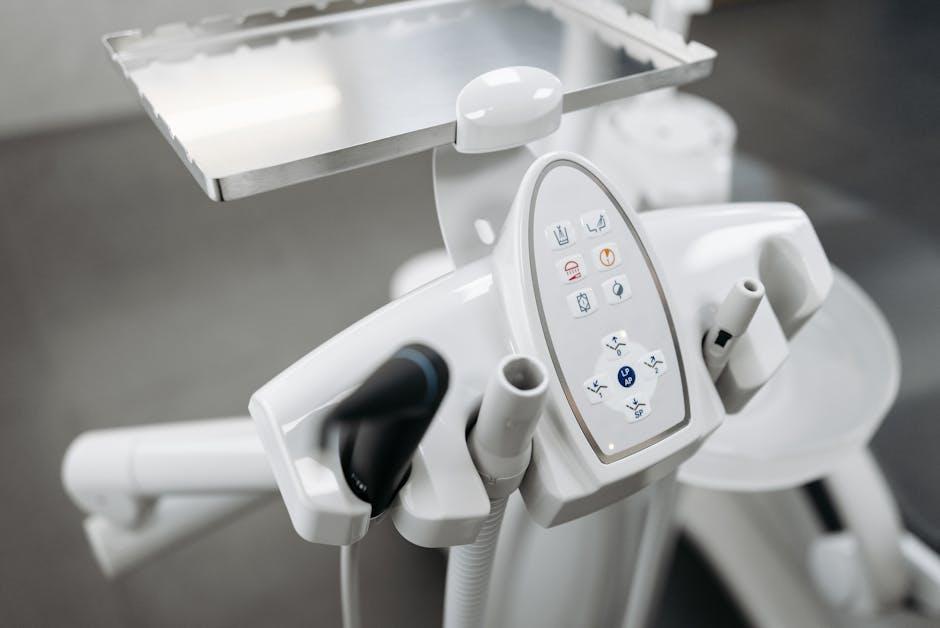In the heart of Athens, where ancient ruins stand as a testament to time and tradition, a vibrant culinary scene thrives, offering a mosaic of flavors and experiences. From bustling street-side tavernas to upscale dining establishments, the city’s restaurants are a beacon for locals and tourists alike. Yet, beneath the aromatic allure of Mediterranean herbs and sizzling olive oil lies a question as pressing as the city’s summer heat: Should Athens restaurants be held accountable for their cleanliness? As diners indulge in moussaka and sip on ouzo, the unseen elements of hygiene and sanitation linger in the background, demanding attention. This article delves into the debate, exploring the responsibilities of restaurateurs, the expectations of patrons, and the role of regulatory bodies in ensuring that every meal is not only a feast for the senses but also a guarantee of safety and well-being.
Spotlight on Hygiene Standards in Athens Dining Establishments
As the vibrant culinary scene of Athens continues to draw food enthusiasts from around the world, the issue of hygiene standards in its dining establishments has become a topic of growing concern. The cleanliness of a restaurant not only reflects its respect for its patrons but also plays a crucial role in ensuring public health. With recent reports shedding light on varying sanitation practices, many are questioning whether there should be stricter regulations and accountability measures in place.
- Transparency: Implementing a clear rating system for hygiene standards that is accessible to the public can empower diners to make informed choices.
- Regular Inspections: Increased frequency of health inspections could ensure that establishments consistently maintain high standards.
- Staff Training: Providing comprehensive training for staff on hygiene practices can significantly reduce the risk of contamination.
Ultimately, the responsibility lies not just with the authorities but also with the restaurant owners and their teams. By fostering a culture of cleanliness and accountability, Athens can ensure that its dining scene remains not only exciting but also safe for everyone.

Evaluating Current Cleanliness Regulations and Their Enforcement
In Athens, the current cleanliness regulations for restaurants are designed to maintain high standards of hygiene and safety for both patrons and staff. However, the effectiveness of these regulations largely depends on the rigorousness of their enforcement. Key areas of concern include:
- Regular inspections: Are health inspectors visiting establishments frequently enough to ensure compliance?
- Transparency: Are inspection results easily accessible to the public, allowing diners to make informed choices?
- Penalties for non-compliance: Are there significant consequences for restaurants that fail to meet cleanliness standards, and are these penalties consistently applied?
Despite the regulations in place, some argue that enforcement may lack consistency, leading to a disparity in hygiene standards across the city. This raises the question of whether current measures are sufficient or if additional steps, such as stricter penalties or more frequent inspections, are necessary to ensure that all dining establishments in Athens uphold the highest levels of cleanliness. The responsibility for maintaining a safe and hygienic dining environment is a shared one, involving not only regulatory bodies but also the restaurants themselves in their commitment to public health.

Expert Insights into the Impact of Restaurant Cleanliness on Public Health
In the bustling culinary scene of Athens, the importance of restaurant cleanliness cannot be overstated. Cleanliness is not merely a visual appeal; it serves as a fundamental pillar in safeguarding public health. A well-maintained environment in restaurants helps prevent the spread of foodborne illnesses, which are often linked to poor hygiene practices. Here are some critical insights from experts on how cleanliness impacts public health:
- Prevention of Cross-Contamination: Proper sanitation practices help in reducing the risk of cross-contamination, ensuring that harmful bacteria do not transfer from one surface to another.
- Enhanced Customer Confidence: Cleanliness boosts customer trust and satisfaction, which are vital for a restaurant’s reputation and success.
- Regulatory Compliance: Adhering to cleanliness standards is crucial for meeting health regulations, which, if neglected, can result in severe penalties or shutdowns.
Given these insights, the question arises: should Athens restaurants face stricter accountability measures? While some argue for rigorous oversight to maintain public safety, others believe in empowering establishments to self-regulate through comprehensive staff training and awareness programs. Ultimately, a balanced approach that combines regulatory frameworks with industry responsibility might be the key to ensuring that cleanliness remains a top priority in Athens’ dining establishments.

Recommendations for Enhancing Sanitary Practices in Athens Eateries
- Regular Staff Training: Conducting frequent workshops and training sessions ensures that staff members are well-versed in the latest hygiene standards and practices. This not only enhances their understanding of cleanliness but also motivates them to maintain high standards consistently.
- Implementation of Advanced Sanitation Technology: Adopting cutting-edge sanitation tools, such as UV sanitizers and touchless dispensers, can significantly reduce the risk of contamination. These technologies not only streamline cleaning processes but also create a safer dining environment.
- Routine Inspections: Establish a system of regular inspections, both internal and external, to identify and address potential hygiene lapses. Engaging third-party auditors can offer an unbiased perspective and help ensure compliance with health regulations.
- Transparent Cleanliness Ratings: Displaying hygiene ratings prominently can build trust with patrons. A transparent system encourages eateries to uphold their sanitation commitments while providing customers with peace of mind.
- Feedback Mechanisms: Creating channels for customers to report cleanliness concerns can provide valuable insights. Responsive management that acts on feedback can improve practices and reinforce a culture of accountability.
In Conclusion
As the sun sets over the ancient city of Athens, casting its golden glow on the bustling streets and the vibrant tapestry of its culinary scene, the question of accountability for restaurant cleanliness lingers in the air like the aroma of freshly baked bread. It’s a question that intertwines tradition with modernity, hospitality with responsibility, and taste with trust. the pursuit of cleanliness is not just a matter of regulation, but a shared journey towards a harmonious dining experience that honors both the legacy of Greek cuisine and the health of its patrons. Whether you’re savoring a hearty moussaka or indulging in the delicate layers of baklava, the assurance of a clean and safe environment enhances every bite. As Athens continues to evolve, so too must the standards by which its beloved eateries operate, ensuring that every meal is not only a feast for the senses but also a testament to the timeless values of care and respect.




